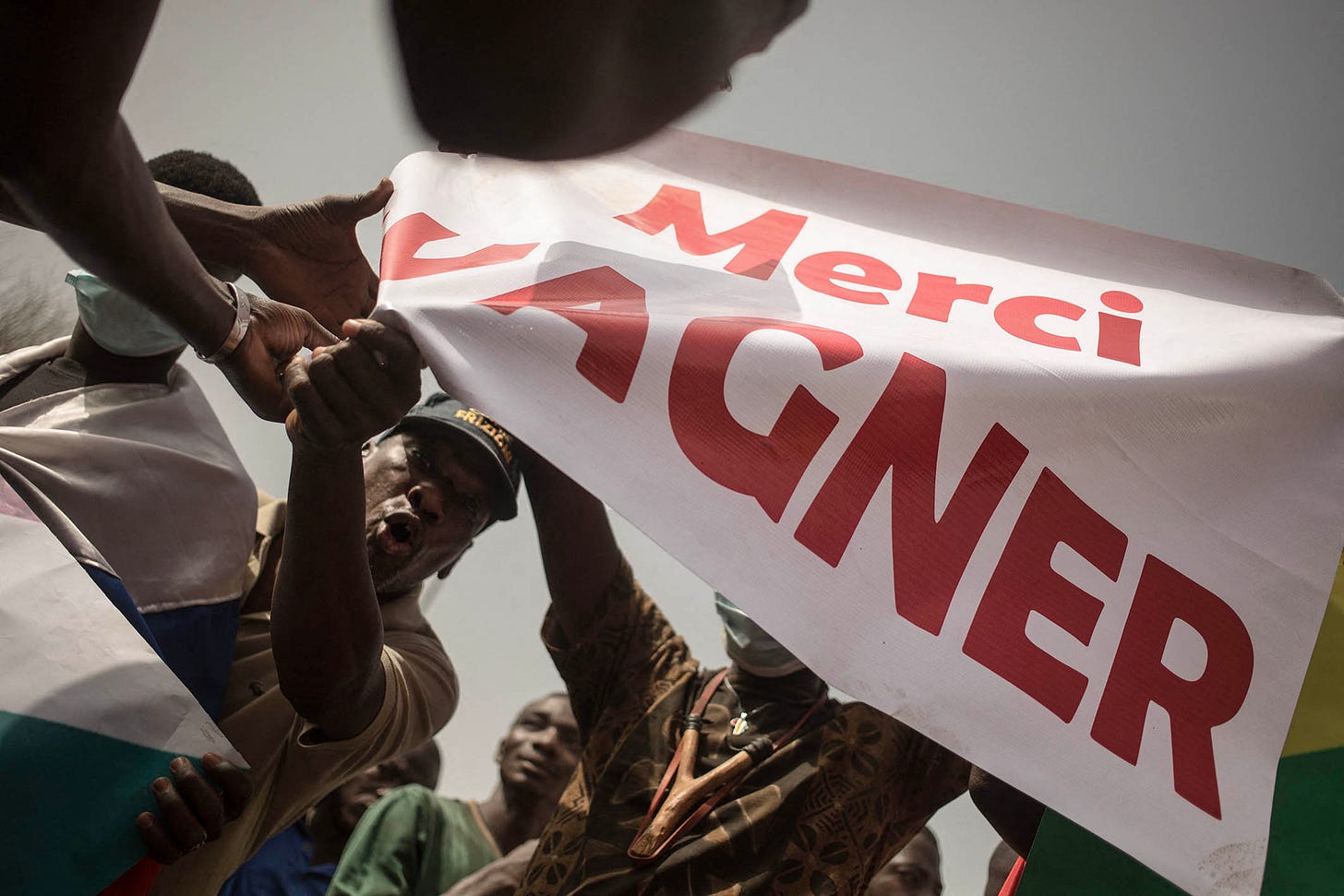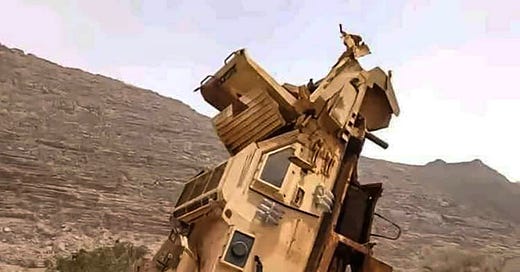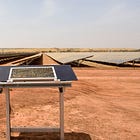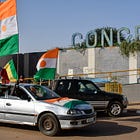The misadventures of Russian mercenaries in Mali
Stability in the Sahel appears more elusive than ever.
Beverly Ochieng
Dozens of Russian fighters affiliated with Africa Corps, formerly the Wagner Group, were killed in a battle in northern Mali late last week. This is their biggest military setback on the continent to date, and will draw attention to the Kremlin’s diplomatic and security strategy in Africa.
It has also revealed Mali’s near total dependency on Russian fighters – in consolidating a fragile hold on national territory, and in ending a chronic cycle of violence that continues to destabilise vast parts of the region.
Videos and images of dead foreign fighters were shared on social media after three days of intense fighting in the northern Mali town of Tinzaouatene, near the border with Algeria. Filming these scenes were the apparent victors – fighters affiliated with the Permanent Strategic Framework (CSP-DPA), a rebel coalition f ighting for greater autonomy over the north. The coalition includes militants from al-Qaeda’s Sahel branch, Jama’at Nusrat al-Islam wal-Muslimin (JNIM).
The CSP-DPA’s political and military influence in Kidal and neighbouring regions has long undermined the sovereigntist posture of junta leader Colonel Assimi Goïta. Last August, Wagner mercenaries and the Malian Armed Forces launched a military campaign against the CSP-DPA, which upended a peace deal that the Tuareg separatists had signed with the civilian government in Bamako in 2015 for future co-existence and inclusivity.
In November, Malian forces and the mercenaries entered Kidal town after routing the CSP-DPA. Pro-junta groups cheered on as they waved the Malian flag and took photos alongside the Russian forces. The Wagner banner was briefly hoisted at the Kidal fort – symbolic of how the group was the backbone of Mali’s operations, despite the junta’s repeated denials that the private military firm was operating in the country.
Artisanal miners in the middle
The 2012 rebellion by armed groups that later formed the CSP-DPA and JNIM were among factors that precipitated the current instability in the Sahel. A current alliance between them remains unspoken as their ideologies contrast – the CSPDPA seeks to be legitimate political authorities in the north, while JNIM promotes strict Islamist values. However, their coordination is underpinned by similar goals: payback for alleged abuses carried out by the Russian fighters, including reports of arbitrary killings and detentions in the north.

Local rights groups have said that many of the victims have been artisanal gold miners as the mercenaries sought to control sites in the north, likely to replicate the resource-for-security model seen in its operations in the Central African Republic, Syria and Libya.
The overall defeat in Tinzaouatene will test what has been touted as a win-win cooperation between Russia and Mali’s junta, which has brokered similar deals between the Kremlin and neighbouring Burkina Faso and Niger as they formed the confederation of the Alliance of Sahel States.
Militancy has continued to spread, military rule has become prevalent and geopolitical wars have intensified.
Nearly three years after the mercenaries first arrived in Mali, the militancy has continued to spread, military rule has become prevalent and geopolitical wars have intensified as the West drastically loses its foothold in West Africa to the Kremlin. Telegram channels affiliated with the mercenaries acknowledged battleground losses – some saying as many as 80 mercenaries, including key Russian war propagandists, had been killed – but expressed defiance and solidarity, raising the likelihood of reprisal attacks in the coming weeks. It is rumoured that the Kremlin may dispatch reinforcements to the Sahel to sustain its influence.
Unusually, Ukrainian officials claimed to have provided the CSP-DPA with intelligence ahead of the raid. This appeared to reinforce claims in Russian state media that Ukrainians are active in the Sahel, especially after a doctored image of the armed group holding the Ukrainian flag alongside a flag of Azawad – northern Mali’s short-lived independent state – was widely shared.
Mali’s military rulers also – unusually – acknowledged the weekend’s defeat, but warned against negative portrayals of the armed forces. It carried out retaliatory airstrikes using Turkish drones with the support of the Burkinabe army, under the banner of the Sahel alliance, where the majority of casualties were gold miners.
The Malian junta is unlikely to back down on attempting to ensure the north is consolidated by the army. It will rely heavily on the alliance, which is already stretched thin by the tide of violence in Burkina Faso and Niger. Russian reinforcements and continued access to weapons from emerging military powers like Turkey and Iran will feed operations.
The CSP-DPA is likely to continue resisting, having been buoyed by the Tinaouzaten victory. Stability will remain precarious.






